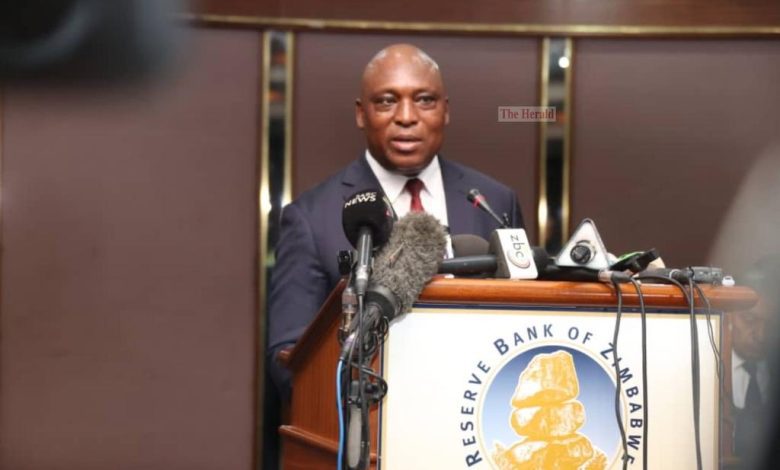ZSE starts implementing tighter trading measures
The Zimbabwe Stock Exchange (ZSE) says it has started implementing the measures introduced by the Government last month for tighter trading conditions as part of initiatives to tackle speculative behaviour hurting the domestic currency.
On May 07, the Government announced a raft of measures as part of efforts to remove speculative activities in the economy believed to fuel inflation and exchange rate fluctuations.
The measures were also meant to restore currency stability. Among them were suspension of bank lending, although this was reversed.
On the ZSE, Government reviewed capital gains tax from a flat rate of 2 percent to 4 percent for shares held for a period less than 270 days in a move market watchers said would reduce participation especially for retail investors Responding to questions, ZSE chief executive officer Justine Bgoni indicated investors were still “digesting” implications of the measures and expected market activity to increase as soon as there is market certainty.
This, he said, would restore confidence in the market.
“These measures are meant to increase the integrity of the market and this will be achieved through the surveillance of the operations of market participants by the ZSE.
We have started implementing the measures in the SI to monitor the market.
“The market is taking time to digest the recent measures from the Government, we believe that once this uncertainty is removed, we believe that trading will continue on the exchange,” he said.
To operationalise the Government’s directive announced on May 07, Treasury issued a Statutory Instrument 103A outlining the measures. It states that where a holder of securities dealer’s license receives funds in their trust account from a non-client, the holder must report the transaction to the Financial Intelligence Unit and the relevant exchange.
Additionally, licence holders are forbidden to transfer funds from trading account to the other, even if these funds are routed through the holder’s trust account, and even if the licence holder is instructed by any of their registered clients to do so.
Whenever money is deposited in the trust account of the licence holder that is payable to any registered client, the licence holder shall pay the money, within the payment times prescribed to the registered client to any other person. The measures also saw gains tax on shares for 270 days or less double to 4 percent.
Stockbrokers, IH Securities opined the measures subsequently stopped third party payments.
“This means deposits from anyone other than the portfolio owner or payment of proceeds into a bank account that does not belong to the portfolio owner.
“Some common examples are deposits on behalf of a parent, a spouse or a transfer done from a friend’s account,” said IH.
Following the announcement, the market took a dip in line with analysts’ forecasts and reversed gains that had been accrued in April.
However, contrary to beliefs that the market suffers, the metrics before and after the pronouncements have no major difference.
During the period from May 09 to June 14, 2022, the All Share Index which is the benchmark index for all the listed equities lost 9,58 percent closing at 24,136,42 points.
Total market capitalisation decreased by 9,76 percent closing at $3 trillion.
But turnover recorded between May 09 and June 14 2022 was $12,94 billion compared favourably to$13,1 billion turnover recorded between April the 1st to May the 6th, 2022.
Volumes between May 07, 2022 and June 14, 2022 was 231,000 shares compared relatively well to 236,000 shares between 01 April and 06 May 2022. However, experts still hold the view it’s not all doom and gloom with the Government’s goal to restore confidence, stabilize and unify the exchange rate as well as rein in inflation. Mr Bgoni said these will help restore the market’s integrity.
Inflation, however, might keep increasing given the country is still susceptible to global inflation as power and fuel prices remain elevated while economic growth prospects are also dependent on currency stability, moderate inflation and policy stability.-The Herald











